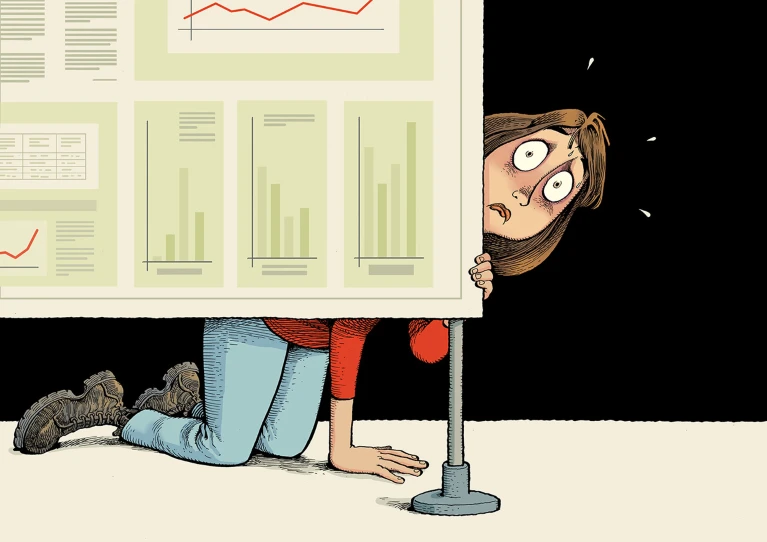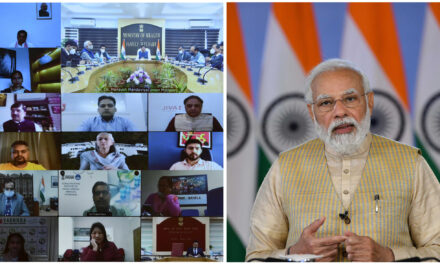In a pivotal legal case, the peer-review process, a cornerstone of scientific publishing, is under scrutiny as a class-action lawsuit has been filed against six major academic publishers. The suit, led by Lucina Uddin, a neuroscientist from the University of California, Los Angeles, accuses publishers like Elsevier, Wiley, Sage Publications, and Springer Nature of violating antitrust laws and obstructing academic research.
The case, being heard by the U.S. District Court for the Southern District of New York, challenges several long-standing practices within the scientific publishing industry. These include the unpaid nature of peer reviews, restrictive policies that allow submission to only one journal at a time, and bans on sharing manuscripts under review. Uddin argues that these practices create inefficiencies, delaying the dissemination of crucial research, which in turn hampers medical and scientific advancements.
The lawsuit underscores the massive profits made by these publishers, who collectively generated $10 billion last year through peer-reviewed journals. Critics argue that this financial success may come at the expense of the scientific community, with delays in publication and the perpetuation of flawed peer-review practices.
Criticisms of the Peer-Review Process
Peer review is meant to ensure the credibility of published research, but growing evidence suggests that the system may be falling short of this ideal. A recent study published in Scientometrics in August examined 263 reviews from 37 journals and revealed troubling patterns of duplication. Many reviews contained identical or highly similar language, and some reviewers were found to be inflating their own citation counts by coercing authors to cite their work.
María Ángeles Oviedo-García, from the University of Seville, highlighted the issue, noting that vague and repetitive statements in review reports can mislead researchers and readers alike. The integrity of the peer-review system, she argues, is being compromised by such unethical practices.
The Broader Context of Research Integrity
While concerns about peer review persist, experts caution against alarmism. Daniele Fanelli, a metascientist at the London School of Economics and Political Science, has spent two decades studying scientific misconduct. Although his early findings painted a bleak picture, Fanelli believes the situation is improving. “There is indeed a problem with research reliability, but it’s not as widespread or severe as some portray,” he said. Fanelli is now cautiously optimistic about the future of research integrity, advocating for organized skepticism—a key scientific principle that promotes healthy debate and inquiry.
However, Fanelli and others in the field acknowledge that distinguishing between honest mistakes and intentional misconduct remains a challenge. Daniel Pizzolato, an expert in research ethics based in Germany, stresses the importance of education in promoting research integrity. He notes that while some countries, such as France and Denmark, have made strides in this area by incorporating research integrity norms into legal frameworks, much of Europe still lacks the necessary infrastructure to fully support these efforts.
Retractions and Their Impact on Public Health Research
Another issue highlighted by the lawsuit is the inconsistent handling of retracted articles. A study led by Caitlin Bakkera from Maastricht University found that less than 5% of retracted biomedical articles were consistently flagged across all databases. This lack of transparency poses a significant risk to public health research, as flawed or fraudulent studies may continue to be cited, potentially misinforming future research and clinical practice.
Despite these concerns, experts like Fanelli emphasize that scientific progress is inherently gradual. “Reliable results take time and shouldn’t depend on the outcome of a single study,” he said. “It’s essential to consider the broader context, the history of the research field, and potential conflicts of interest.”
As the court prepares to rule on Uddin’s lawsuit, the case serves as a reminder of the complex, evolving nature of scientific publishing and the challenges of maintaining integrity in a system under pressure from both financial and academic interests. The outcome could have far-reaching implications for how scientific research is conducted, reviewed, and disseminated in the future.











